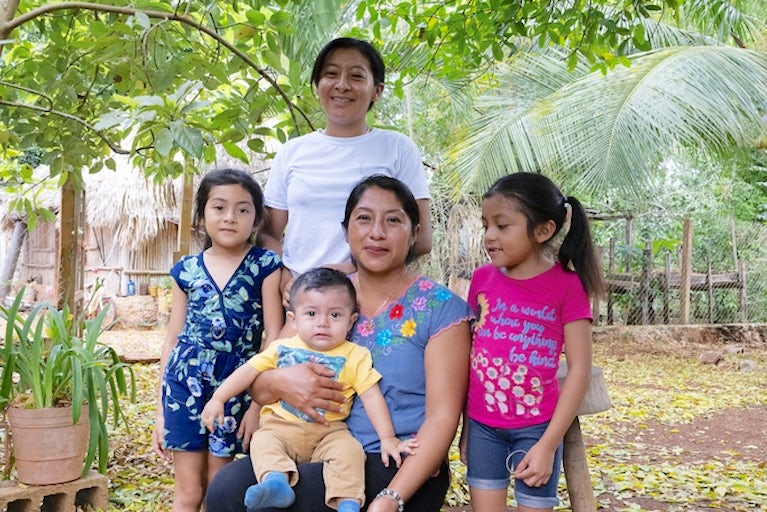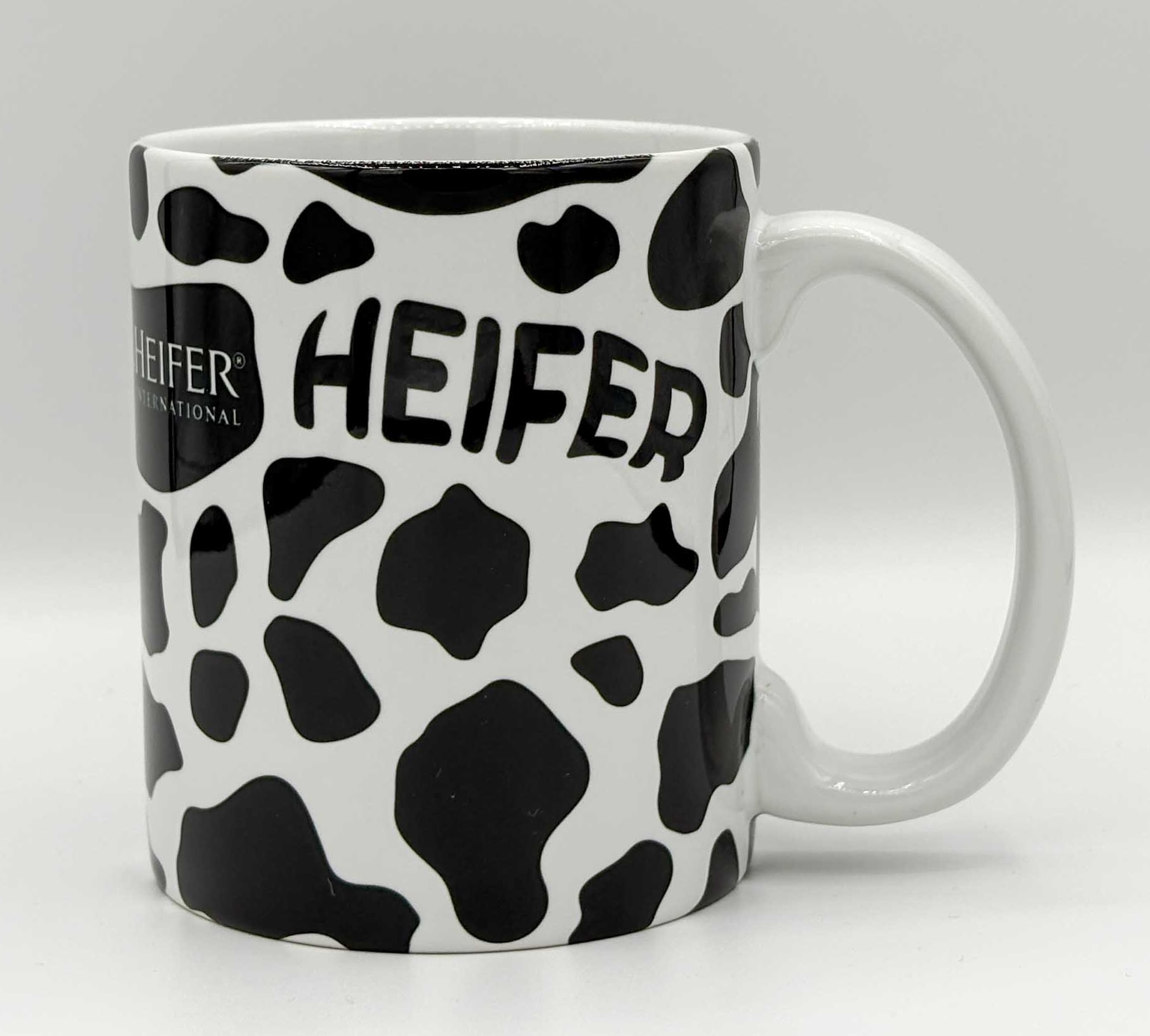Lifting Up Women and Farming Families in Mexico
July Impact Story

“If men can do it, why can’t women?” This is what Lidia Maribel Moo Poot asks whenever women in her business collective encounter gender discrimination as they work to develop sustainable livelihoods and financial independence.
Lidia knows firsthand that gender disparity holds families, and entire communities, back. So alongside her peers in the Kikibá women’s collective — a group of Maya women in Yucatán and Lidia’s home state of Quintana Roo, Mexico — she’s building a business and choosing a different outcome.
One benefit that has resulted from tourism in the region is an increased market for ethical, sustainable, local food — creating a window of opportunity for Lidia and others.
In 2020, Heifer Mexico collaborated with the W.K. Kellogg Foundation and women in Quintana Roo and Yucatán to establish the Kikibá collective to help meet the demand for ethically-produced, cage-free eggs and increase the women’s income-earning potential.
Through your generosity, members of the collective each received a flock of 50 hens and training sessions on sustainable, cage-free poultry rearing; financial literacy and business management; egg traceability and food safety.
The women officially registered their brand “Kikibá,” which, in Mayan, means, “very, very delicious,” in August 2021. The Kikibá collective is composed of community chapters across Quintana Roo and Yucatán.
In these rural communities, the business skills and income members have gained through the collective are gradually challenging norms that have, for years, devalued women’s worth.
Across the collective, women now contribute, on average, 12 percent of their total household income. And the number of women who engage in household decisions regarding income has reached 100 percent, up from 66 percent at the start of the project. Your support has made this a reality.
In her community of Kancabché, Lidia manages the group’s egg orders and serves as a promoter, helping other members of the collective learn how to take care of their chickens, troubleshoot issues and market their products.
Lidia did not attend high school; her responsibilities with the collective — managing sales and marketing and working as a promoter — posed several steep learning curves. “I didn’t know how to use a computer at all,” she said. But today she does.
“Now I can request our invoices from the computer, I can now do an Excel spreadsheet for our sales… It is no longer only in writing — now I can do it on a computer. That has been a personal growth for me. I never imagined I would be able to do that.”
As if that wasn’t enough to keep several people busy at once, Lidia has returned to school to get her high school degree.
“Many people ask me how I do everything at the same time,” she said. “I do not put a limit on myself, as if I already know everything. There is always something new to learn… There are always going to be problems, but we have to learn to solve them.”
Lidia’s resolve — and the resolve of her colleagues in the collective — isn’t going unnoticed.
“I feel empowered,” she added. “Because I am generating income in my home by selling eggs. As a woman, I feel truly fulfilled in every way.”
But it’s not just about the money, it’s also about developing a vital sense of community. “If someone in the group has a problem,” Lidia said, “she shares it, and we as a group, as women, can support her, both morally and economically. That’s what we do.”
Lidia is excited about the potential for the collective to change women’s lives — and change the status of women in Mexico.
Earning a sustainable income and learning skills demonstrate, Lidia said, “that being a woman is not a limiting factor … many things can be achieved, as women.”
They can, have and will achieve great things — and your support as a Friend of Heifer is to thank!

